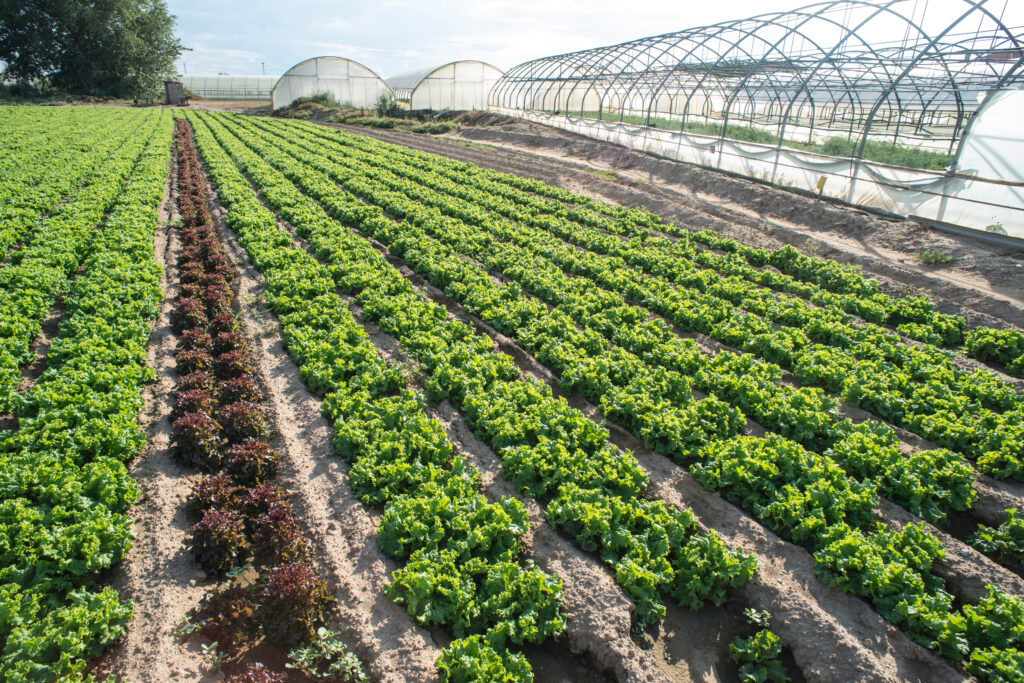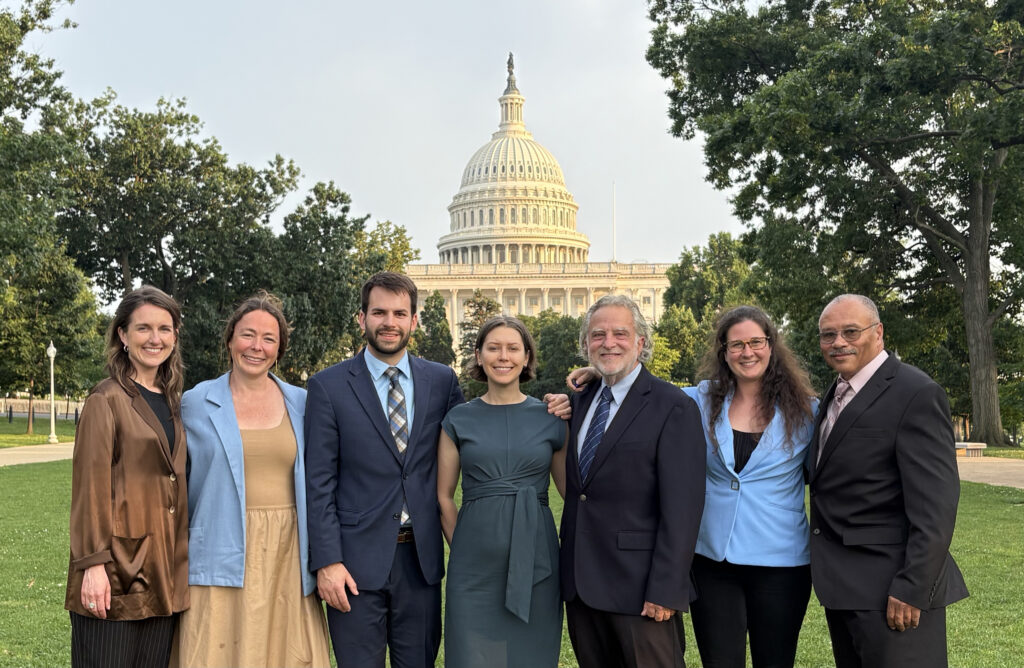Reposted from: https://www.wsj.com/articles/farmers-worry-8-2-billion-agriculture-deal-will-diminish-competition-24c6089f
Farmer and consumer groups warn that the planned agricultural megadeal uniting the grain-trading giants Bunge and Glencore-backed Viterra could leave farmers with fewer alternatives for selling crops and drive up consumers’ prices for food.
Bunge’s $8.2 billion deal to acquire Viterra, announced this past week, would combine two of the biggest global operators of grain-shipping ports and crop-processing plants. The planned deal would make the enlarged Bunge the world’s second-largest agribusiness company, with revenue of more than $110 billion, only trailing privately held Cargill.
Skeptics said the deal would give Bunge greater sway over grain markets and production of staple food products such as vegetable oils and bread. The result would be less competition for farmers’ crops and between makers of basic foodstuffs and ingredients, they said.
Joe Maxwell, chief strategy officer for Farm Action, a Missouri-based group that advocates for farmers, said absorbing Viterra would give Bunge a troubling degree of control over ports and grain terminals and create potential bottlenecks in the agricultural-supply chain.
“Other grain traders could be blocked from the export and import markets,” said Maxwell, whose group plans to urge antitrust authorities to block the deal.
Bunge said folding in Viterra’s operations will only improve the supply chain of buying and selling crops for farmers. Bunge Chief Executive Officer Greg Heckman said Viterra has a sizable grain-distribution network across the U.S. and Canada that can be used to feed Bunge’s coastal ports for exports and processing plants to make vegetable oils, biofuel and animal feed. “We are not in a lot of the same places, and where we are, we’re not in the same businesses,” he said.
Bunge, the largest oilseed processor in the world, and Archer Daniels Midland, Cargill and Louis Dreyfus make up the so-called “ABCDs” of global commodity trading. Four companies account for about 90% of the global grain trading and processing market, according to a report from the Agriculture Department on competition in the industry.
Thomas Gremillion, director of food policy for the Consumer Federation of America, said the deal seems likely to harm farmers, consumers and companies, such as plant-based food manufacturers, which rely on certain commodities.
Larger farm trade groups, including the American Farm Bureau Federation, National Corn Growers Association and National Farmers Union, declined to comment on the deal, representatives said.
Sen. Chuck Grassley (R., Iowa), who represents one of the biggest farm states, didn’t comment on specifics of the deal, but said he generally has questions about the implications of consolidation for the agricultural industry. “When you have mergers, you have less competition,” Grassley said. In agriculture, mergers generally drive down prices for the farmer and drive up costs, he said.
The acquisition, which Bunge aims to close by mid-2024, is likely to receive pushback from antitrust regulators, analysts said. “We look forward to engaging with the regulators and walking them through what we think makes sense and make sure they understand our business,” Heckman said.
Diana Moss, president of the American Antitrust Institute, said the Bunge-Viterra deal could leave farmers with fewer buyers competing for farmers’ grain sales, pushing down prices while the costs of risk management or trading services could go up. Eventually, she said, these developments would lead to higher food prices for consumers.
The Biden administration has challenged deal making and industry practices that it argues would harm competition. In the agriculture sector, President Biden singled out four of the largest meatpacking companies over their dominant market share of beef processing in the 2022 State of the Union address, blaming them for higher consumer prices while underpaying farmers.
Meat-industry officials say the higher prices reflect market dynamics. The Agriculture Department has dedicated funding toward new meatpacking plants, which officials have said will increase competition in the industry.
During the summer of 2022, the Justice Department required the third-largest U.S. chicken processor, Wayne-Sanderson Farms, to stop using a system of paying chicken farmers. That move was part of an antitrust settlement that the company said was needed to complete the merger that formed it. The Justice Department has opened various probes into the poultry industry, including one focused on farmer and plant workers’ pay.
The Federal Trade Commission in September sued two major farm chemical suppliers for allegedly inflating prices through rebate programs, which the companies are contesting. The Justice Department sued in 2021 to challenge a $315 million merger of two sugar companies. A federal judge ultimately rejected the antitrust challenge.
Bunge will need regulatory approval for the Viterra deal in international markets. Canada and Argentina could represent the company’s most significant hurdles, analysts said. Nearly 60% of Viterra’s processing and refining facilities are in South America, mainly Argentina, according to analysts at JPMorgan. Bunge has a significant presence in South America, especially Brazil, but also in Argentina.
“We’ll have to file in a number of jurisdictions because of the footprint of both companies, no doubt,” Heckman said on a recent investor call. “We’ll engage in a transparent fashion and hope to work through it very quickly.”




